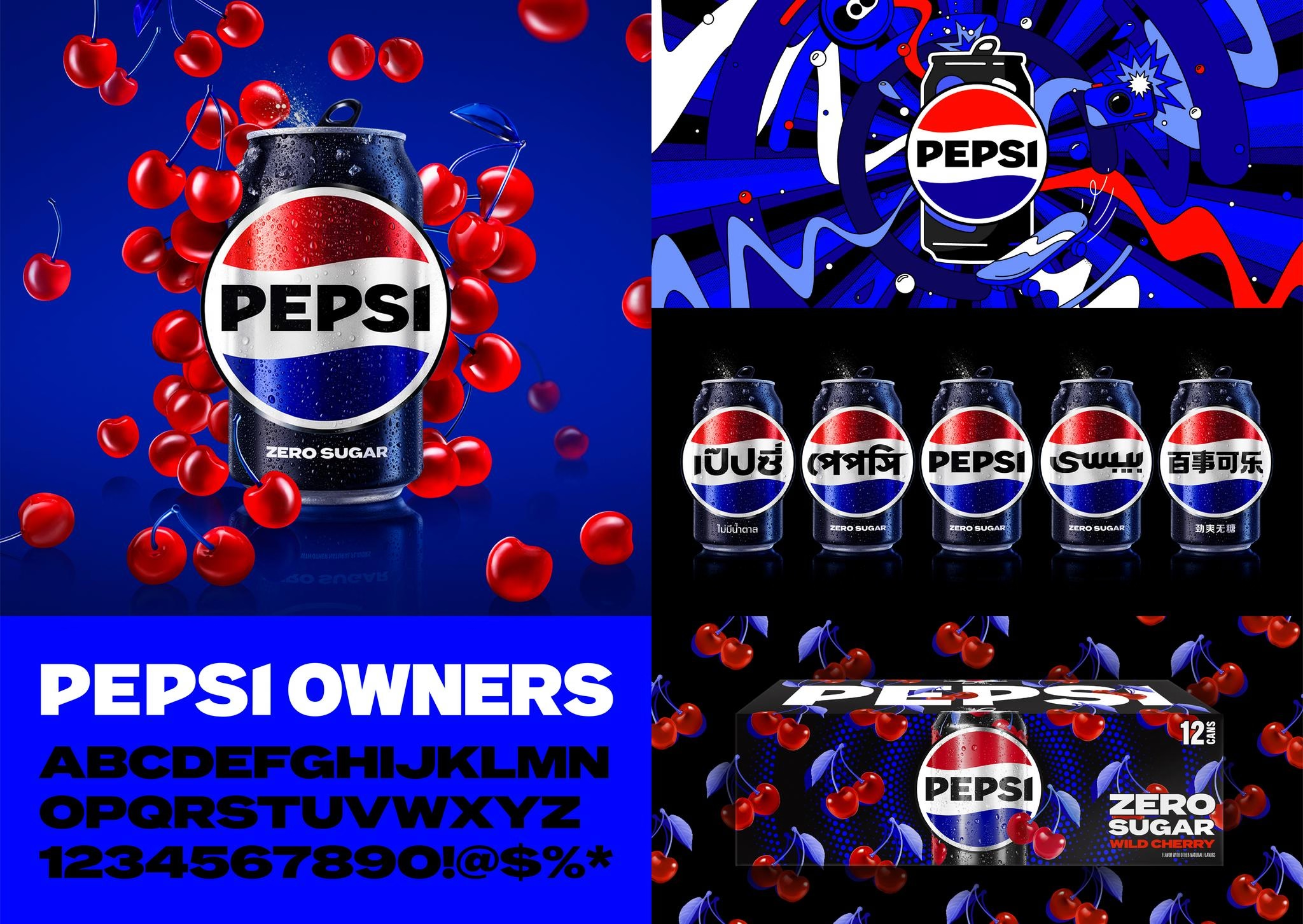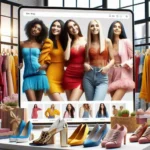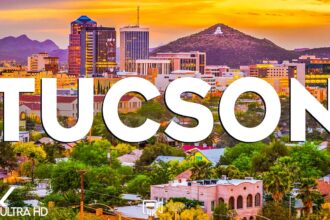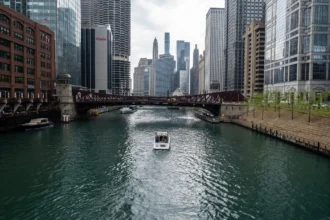Pepsi is more than just a soft drink—it’s a cultural symbol, a marketing phenomenon, and the primary rival of another global giant, Coca-Cola. With a history that spans over a century, Pepsi has not only quenched thirst but also shaped pop culture, advertising trends, and consumer preferences around the world. In this article, we’ll explore the origin, transformation, marketing strategies, and global impact of the Pepsi brand.
The Birth of Pep-si: A Pharmacist’s Formula
From Drugstore to Drink
In 1893, Caleb Bradham, a pharmacist from New Bern, North Carolina, created a drink he originally called “Brad’s Drink.” It was a blend of sugar, water, caramel, lemon oil, nutmeg, and other natural additives. Intended to aid digestion and boost energy, it quickly became popular among pharmacy visitors.
By 1898, Bradham renamed the drink Pep-si-Cola, inspired by the word “dyspepsia” (indigestion), and began bottling it for sale. He believed it was both refreshing and healthy—a stark contrast to the high-sugar sodas of today.
Surviving Early Struggles and the Great Depression
Bankruptcy and Reinvention
Despite early success, Pep-si-Cola faced serious challenges. In 1923, Bradham’s company went bankrupt due to sugar price spikes after World War I. However, this wasn’t the end. The brand changed hands several times before being revived by Charles Guth in the 1930s, who was determined to take Pepsi to the next level.
Smart Pricing Strategy
During the Great Depression, Pep-si capitalized on its affordability. While Coca-Cola sold a 6-ounce bottle for 5 cents, Pepsi offered 12 ounces for the same price. This value-for-money strategy significantly boosted its popularity among working-class Americans.
The Cola Wars: Pepsi vs. Coca-Cola
The Battle for Global Domination
For decades, Pep-si and Coca-Cola have been locked in one of the most intense brand rivalries in history. Dubbed the “Cola Wars,” this competition reached a fever pitch during the 1970s and 1980s.
Pepsi Challenge Campaign
In 1975, Pepsi launched the “Pep-si Challenge,” a blind taste test campaign that claimed people preferred the taste of Pepsi over Coca-Cola. The campaign was a massive success, shaking Coca-Cola’s dominance and further igniting the cola rivalry.
Iconic Marketing Campaigns
Celebrity Endorsements
Pepsi’s marketing strategy has always been ahead of its time, especially when it comes to celebrity endorsements. Over the years, Pepsi has featured:
-
Michael Jackson (1984) – An explosive campaign that connected Pepsi to the King of Pop’s global fanbase.
-
Britney Spears, Beyoncé, and Pink – Collaborated on high-profile ads that aired during the Super Bowl.
-
David Beckham, Kendall Jenner, and many more.
These celebrity partnerships not only built brand awareness but positioned Pep-si as trendy, youthful, and pop-culture-driven.
Slogans That Stuck
Pepsi’s slogans reflect its changing brand identity. Some memorable ones include:
-
“The Choice of a New Generation” (1984)
-
“Generation Next” (1997)
-
“Live For Now” (2012)
These taglines reinforced Pepsi’s image as modern, youthful, and rebellious.
Pepsi’s Global Expansion
A Worldwide Beverage Empire
Today, Pepsi is available in over 200 countries. Its parent company, Pep-siCo, has diversified far beyond soft drinks, owning brands like:
-
Lay’s
-
Gatorade
-
Tropicana
-
Quaker Oats
PepsiCo’s portfolio allows it to dominate not only the beverage market but also snacks and nutrition.
Localization Strategy
Pepsi excels at localizing its products and campaigns. From customizing flavors to resonate with regional tastes to creating culturally relevant advertisements, Pep-si adapts globally but markets locally.
Example: In India, Pepsi aligned its branding with cricket, enlisting cricket stars and using cricket-related campaigns to engage the massive sports audience.
Product Innovations and Variants
More Than Just Cola
Over the years, Pep-si has introduced a wide range of product variants to meet changing consumer preferences:
-
Diet Pepsi (1964) – One of the first low-calorie colas.
-
Pepsi Max / Zero Sugar – For health-conscious consumers wanting full flavor.
-
Pepsi Blue, Crystal Pepsi – Limited-edition launches that created buzz.
Pepsi has also experimented with flavor infusions such as mango, cherry, vanilla, and lime, further expanding its market.
Embracing Sustainability and Health Trends
A Shift Toward Wellness
Modern consumers are increasingly health-conscious, and Pep-siCo has taken note. The company is investing in:
-
Lower sugar content
-
Healthier ingredients
-
Functional beverages like Gatorade Zero and LIFEWTR
Environmental Responsibility
PepsiCo has launched initiatives aimed at reducing plastic use, improving recycling, and achieving carbon neutrality. Its goal is to have all packaging recyclable, compostable, or biodegradable by 2025.
Controversies and Backlash
The Kendall Jenner Ad (2017)
In 2017, Pep-si faced backlash for an ad featuring Kendall Jenner that attempted to address social justice issues. Many felt the ad trivialized serious protests, resulting in public outrage and its swift removal.
Though the brand stumbled, it showcased how risky it can be when big brands try to tap into political or social movements without proper sensitivity.
Digital Transformation and Social Media Strategy
Going Viral and Staying Relevant
Pepsi has embraced digital marketing with robust social media strategies across platforms like:
-
Instagram
-
TikTok
-
YouTube
-
X (formerly Twitter)
Its campaigns are often interactive, targeting Gen Z and millennials with memes, music, influencers, and behind-the-scenes content.
AR, AI, and VR Campaigns
Recently, Pep-si has experimented with augmented reality, interactive vending machines, and AI-driven ads to stay ahead of the tech curve.
Conclusion
Pepsi’s journey from a small pharmacy tonic to a global brand is a story of adaptability, creativity, and relentless innovation. With its finger constantly on the cultural pulse, Pepsi has remained relevant across generations—thanks to bold marketing, flavor experimentation, global localization, and corporate reinvention.
As Pepsi continues to innovate with sustainability, wellness, and digital engagement, it remains not just a drink but a symbol of modern consumer culture.
Whether you love it or prefer the competition, there’s no denying: Pepsi has earned its place in global pop culture.






